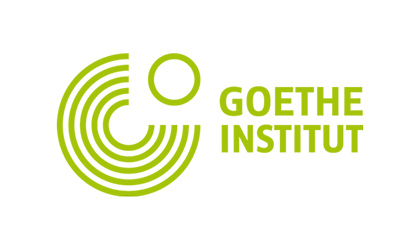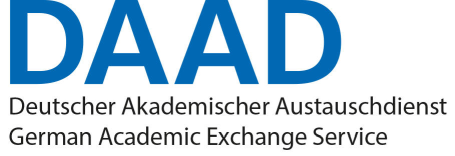
-
Research Only (A1)
This study plan is specifically designed for those who have some industrial experience and wish to emphasize on research and development. The students taking this plan will conduct research entirely for four semesters. Although coursework is not compulsory, they may be requested to sit-in some courses that will assist in their research work.
-
Coursework (A2)
This intensive study plan is suitable for those who wish to master advanced knowledge as well as engineering skills and work competencies. The students will take ten advanced courses in the first year to strengthen their fundamental knowledge. In the second year, the students will learn how to apply their knowledge in a project-based internship and industrial research project.

-
Course Description
-
Program Brochure
-
Class Schedule for each Academic Year
-
Expected Learning Outcome of CPE Master Program (ELOs of CPE Master Program)
-
Expected Learning Outcome of CPE Doctoral Program (ELOs of CPE Doctoral Program)
-
Reference
– Course Specification (OBE-3) (zip)
– Internship Description (OBE-4) (pdf)
– Master Thesis Description (OBE-4) (pdf)
– Official Curriculum Document in Thai (OBE-2) (pdf)



